Email Security. Love it or hate it, it needs to be addressed.
Many small businesses often don’t have the money or resources to invest in installing and maintaining a secure mail system, and consequently look to outsource this very important aspect of their business.
Email is a mission-critical application, forming the backbone for most organizations day-to-day business activities. So why not offload the security aspect of your email so you can focus on your actual business?
There is a lot of industry discussion around cloud computing whereby services are offloaded to the cloud, meaning users do not need knowledge, expertise in or control over the technology infrastructure that resides in the cloud that supports them.
The cloud does have an attractive appeal to small businesses that lack the resources, time and money to spend on infrastructure, maintenance and software costs; in large part because of the following oft-highlighted advantages:
- Lower IT infrastructure costs
- Increased data safety
- Fewer maintenance costs
However, before you get all starry-eyed and rush off to sign up for a hosted email security solution, there are some points you should consider before doing so.
1. Regulatory Compliance: is your application secure in the cloud? As discussed in eWeek, different types of data have different security requirements. For example, health, defense and tax information all have different security rules. Will your security in the cloud provider accommodate the multiple rules for the different requirements?
Organizations will need to ensure that applications in the cloud are secure and compliant as more and more will have to meet the rigorous demands of regulatory requirements and compliance issues related to security.
2. What is your backup plan if the cloud lets you down? In recent weeks, several cloud-based security and backup systems have shown their vulnerabilities to delays and data loss issues. Are you prepared to lose mission-critical applications and data?
3. Archiving & Auditing: Will the hosted solution be able to store old data for the required length of time and make it available for auditing/eDiscovery purposes?
So before going ahead with a cloud solution, it is important to weigh both the pros and cons and decide from there.
Have you had an experience that you would like to share?




Leave a Comment